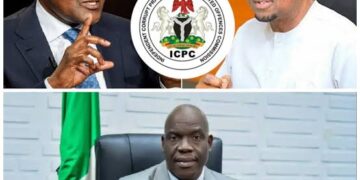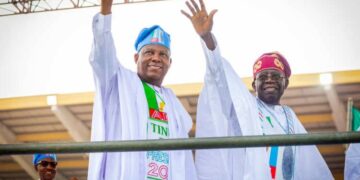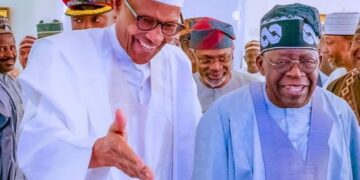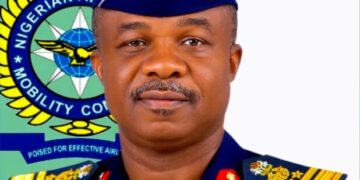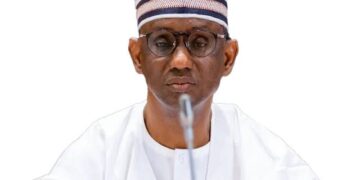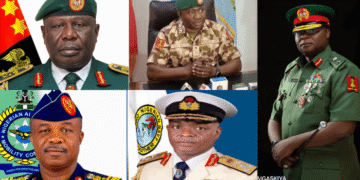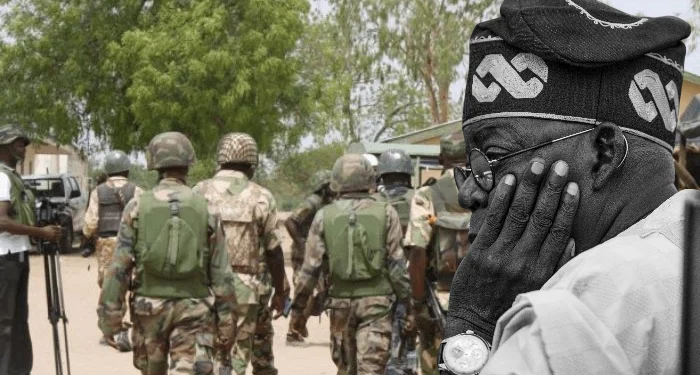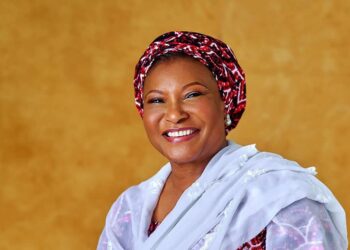When investigators from Nigeria’s Defence Intelligence Agency (DIA) began combing through the bank records of a mid-level army officer accused of involvement in an alleged coup plot, they expected to find traces of suspicious transfers—perhaps millions.
What they found instead stunned even hardened intelligence operatives: ₦11 billion, quietly sitting across several accounts linked to the detained colonel.
The discovery, according to multiple security sources, has become a critical piece of evidence in an unfolding investigation that has shaken the country’s military establishment and prompted a quiet reshuffling of the nation’s top security hierarchy.
A Colonel, a General, and a Governor
The colonel, sources say, once served directly under a brigadier general who is also under probe. His career took him through the Niger Delta, where oil money, politics, and security contracts often blur into a grey zone.
When confronted with the financial evidence, the colonel reportedly told interrogators that the money belonged to a former governor, describing him as a “business partner”.
He insisted the billions were part of a legitimate transaction, not an illicit slush fund—or worse, war chest.
Yet, within the DIA, few believe in coincidences that large.
How the Shadows Moved
The ongoing probe is the climax of a secretive operation that began more than a year ago, after intelligence reports in August 2024 warned of an alleged plot by some serving officers to overthrow the government.
“The coup plotters had been on the radar for months,” a senior security official revealed.
“By last year, the service had mapped out three different dates they intended to strike—June 12 (Democracy Day) and October 1 (Independence Day) among them. They even held meetings in the UK and Turkey. But we watched, quietly.”
For months, the DIA tracked encrypted communications, traced suspicious foreign contacts, and followed the money—until the circle closed.
A Presidency on Edge
By early 2025, intelligence warnings had reached the Presidential Villa. Security planners advised President Bola Tinubu to limit his public appearances and spend more time in Lagos, away from the capital’s unpredictable military zones.
One official disclosed that Tinubu’s reduced presence in Abuja and the cancellation of this year’s Independence Day parade were direct outcomes of those security reviews.
“There was credible intelligence that October 1 was their D-Day,” the source said.
“The first thing we did was to quietly divert the President’s movements. The public saw it as routine; few knew what was unfolding behind the scenes.”
When Commanders Fell
The ripples from the alleged coup reached the top of the chain of command.
Last Friday, Tinubu sacked all the service chiefs—a sweeping move that many inside the military interpret as a subtle but decisive cleanup.
At the heart of that decision, sources say, was a “management blunder”: the Defence Headquarters’ public confirmation that 16 officers had been arrested.
“That was a serious breach,” a senior officer said.
“The arrests were supposed to remain classified. Once it became public, it risked creating panic and gave the plotters legitimacy. The international community could have misread the situation. That carelessness cost the Chief of Defence Staff his job.”
To avoid singling out Gen. Christopher Musa, the President reportedly opted to dismiss all service chiefs together—masking discipline under the guise of a routine leadership change.
The Ethnic Balancing Act
Although the Defence Headquarters has officially denied any coup attempt, the continuing DIA operations tell another story.
Two weeks ago, Sahara Reporters broke news of the officers’ detention. Days later, a Premium Times investigation revealed that 15 of the detained personnel hail from northern states—a detail that immediately raised delicate questions about ethnic and regional dynamics within the armed forces.
Officials have since chosen their words carefully.
“The restraint in communication is deliberate,” one security analyst noted.
“Revealing regional identities could inflame tension or feed the narrative of a purge against northern officers. The military can’t afford that fracture.”
Fallout and Reorganisation
Beyond the intrigue, the arrests have triggered a cascade of reassignments across the services.
On Friday, the Nigerian Air Force announced a new round of postings affecting 19 senior officers, alongside a broader restructuring to “enhance operational efficiency.”
The new Chief of the Air Staff, Air Marshal Sunday Aneke, described the reshuffle as part of a strategic vision to “strengthen coordination and readiness.” The Nigerian Army also rolled out its own command changes barely 24 hours earlier.
To outsiders, these moves look procedural. Inside military circles, they are seen as preemptive—tightening control, shuffling loyalties, and closing gaps before any next act.
The Quiet Before the Verdict
For now, official silence prevails. The detained officers remain in custody; their alleged backers, under investigation. The colonel at the center of the storm insists he is innocent, the billions merely business.
But among those who have seen the intelligence reports, the consensus is darker:
The coup may not have happened—but the cracks it exposed in Nigeria’s military hierarchy are real, deep, and still widening..



